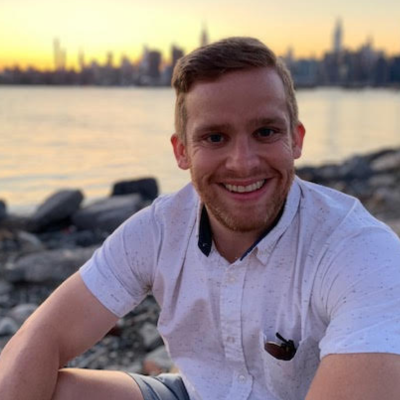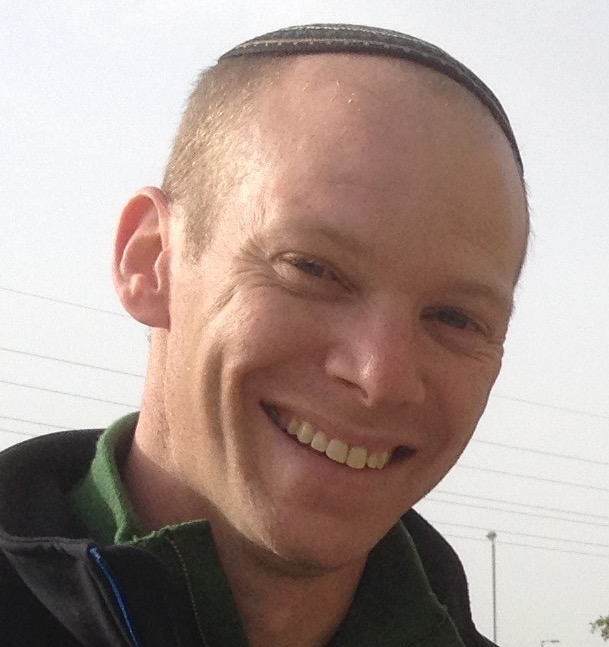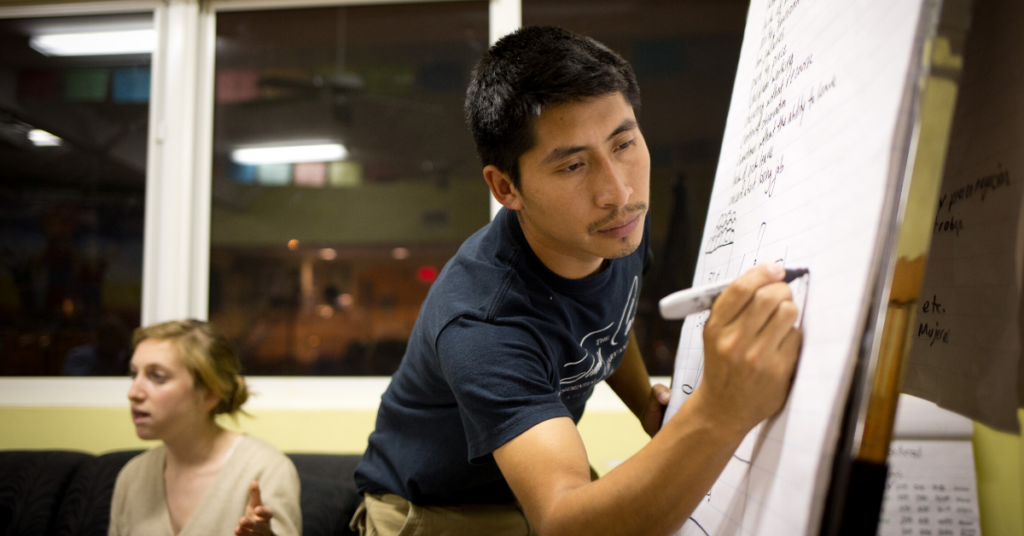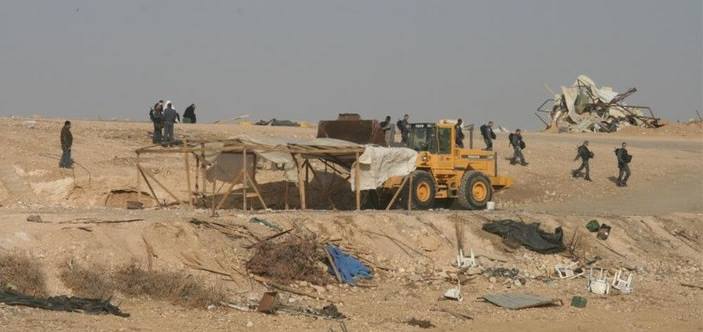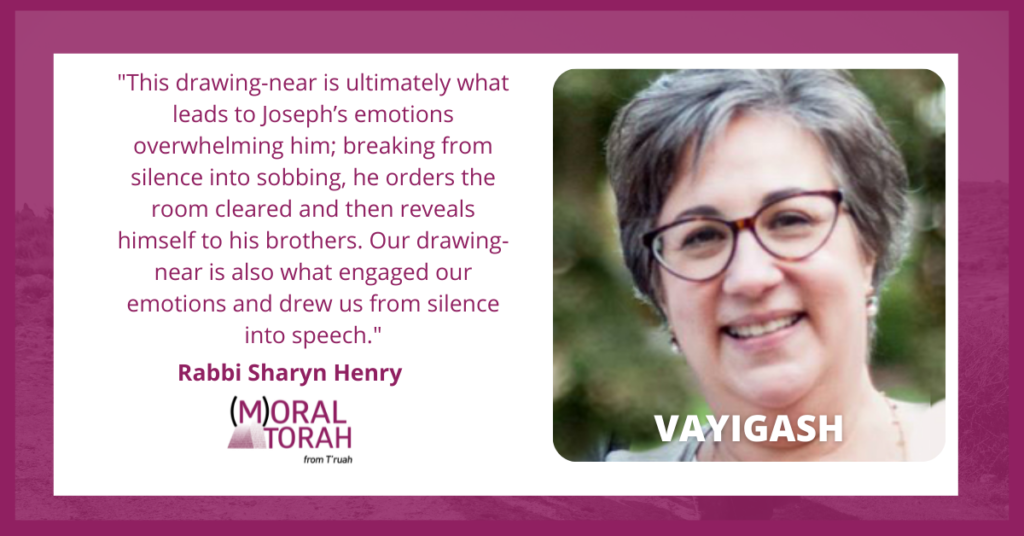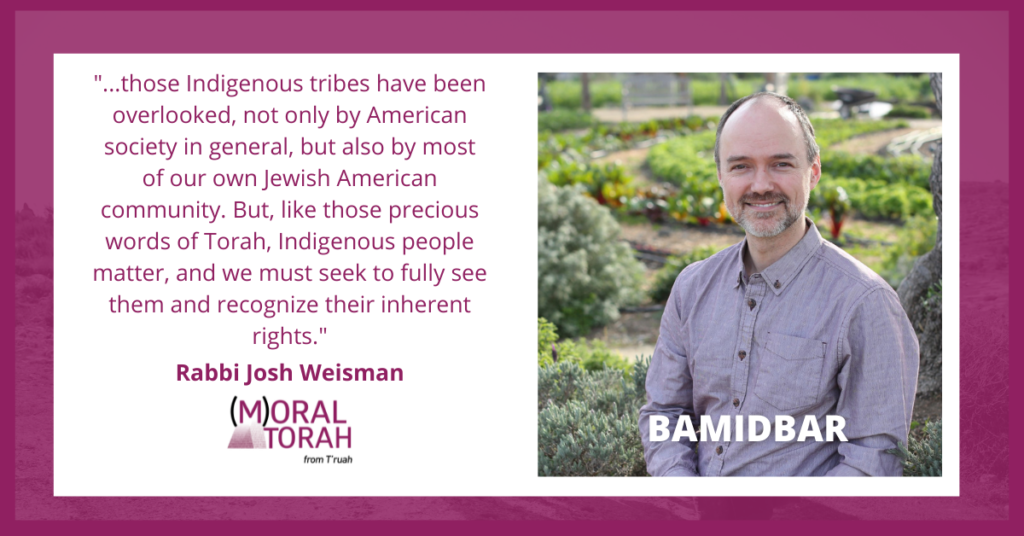
A Commitment to Justice Means Remembering Our Tribes
But whether or not the Sinai wilderness was ever ownerless as the midrash suggests, in North America, the so-called wildernesses never have been. Those places — and indeed every square mile of North America — have always been, and continue to be, the home of specific tribes of Indigenous peoples.
read more



